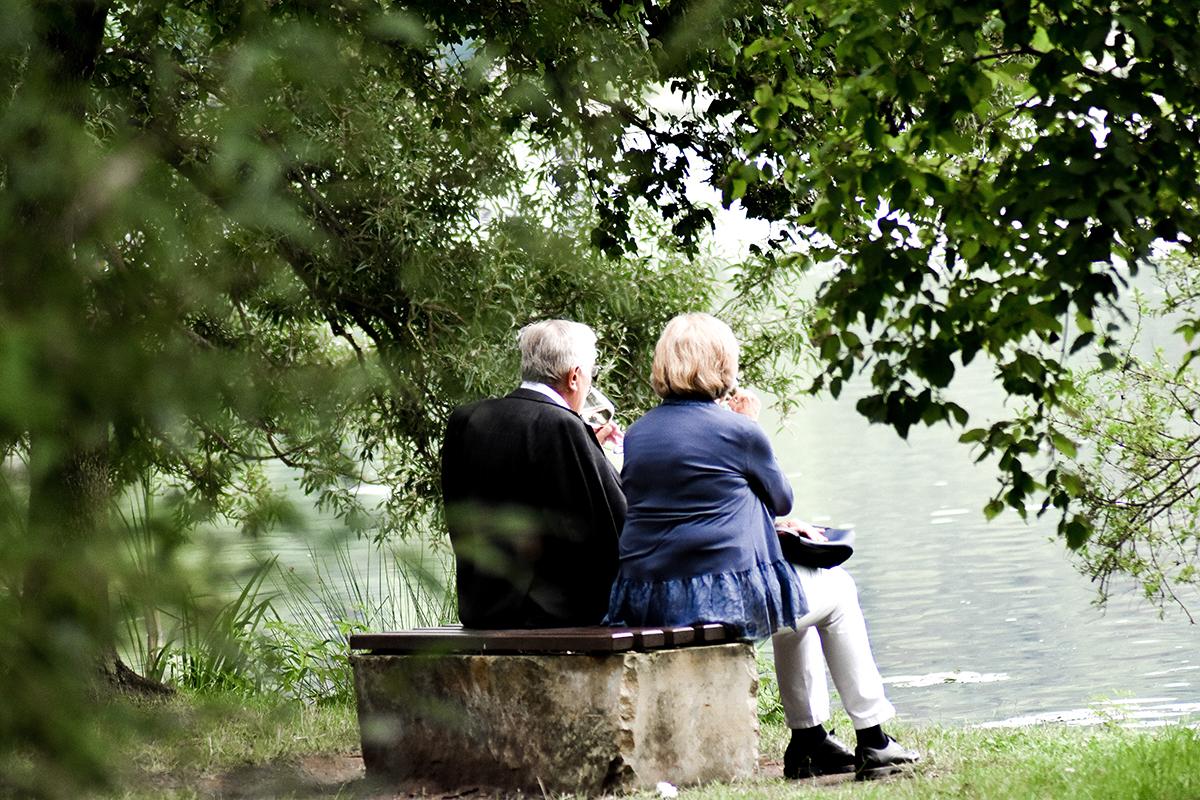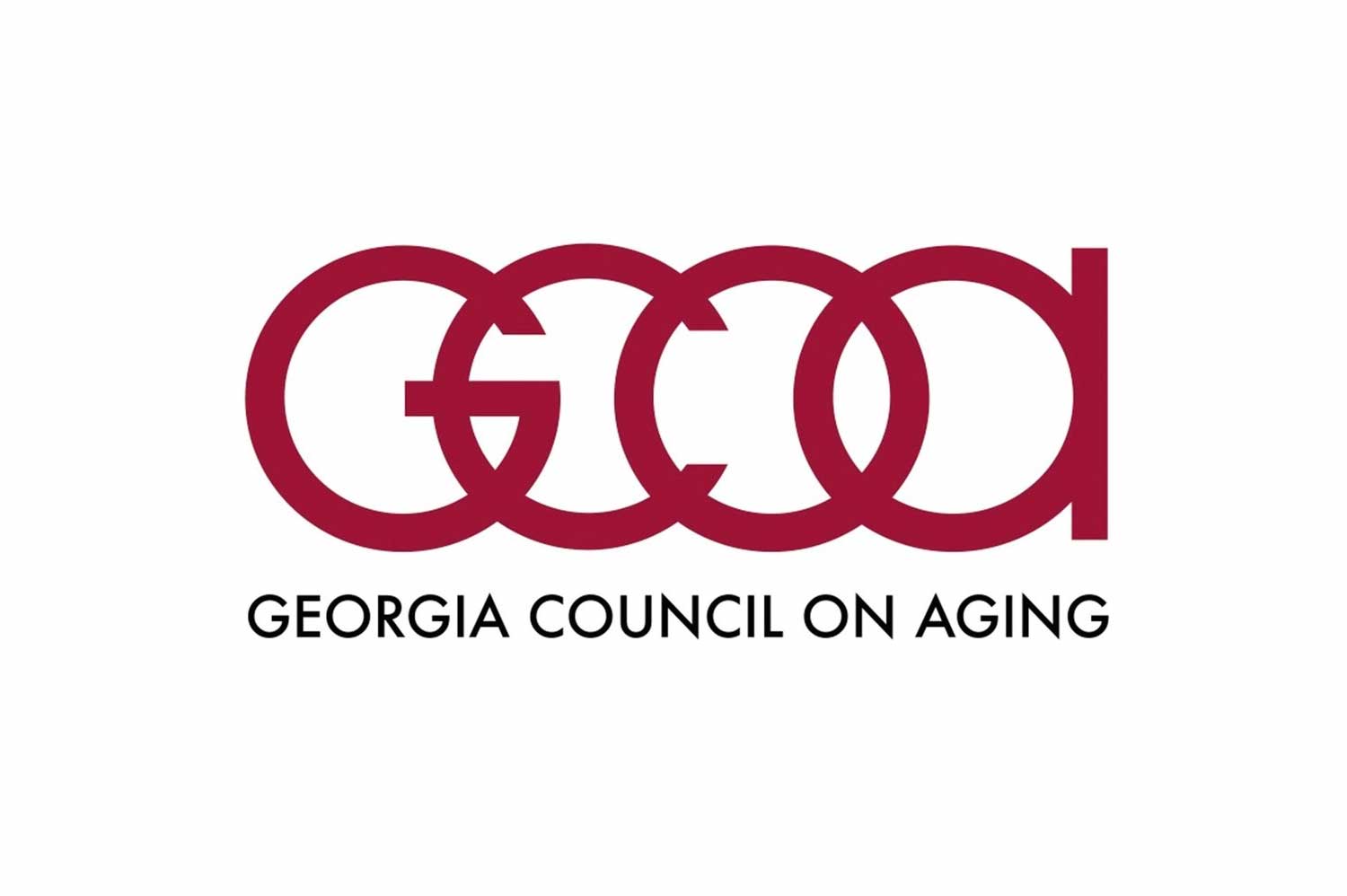“If it’s broken, you fix it,” he said.
That was my husband’s response after being told he failed a cardiac stress test. Apparently, plaque buildup in a couple of his coronary arteries sounded an alarm. His internist said to see a cardiologist “now.”
He did.
This is pretty much how Barry Kanne approaches life in general. He’s been fixin’ stuff for years. Today, he can add his heart to the long list of electrical appliances, plumbing, and some broken patio furniture that’s been “repaired.”
Gender differences
In an American culture that often drills self-sufficiency into boys from a young age, men are much less likely than women to see a healthcare provider when they’re not feeling well, studies show. According to one survey, 40 percent of men said that, if sick, they would delay seeking medical care for a few days, while 17 percent said they would wait ‘at least a week.’ And that’s ironic and unfortunate since, on average, American men die about five years earlier than women, according to the Centers for Disease Control.
When newscaster Betty Rollins wrote about her cancer diagnosis in 1976, she titled it “First, you cry.”But that’s not how men of the boomer and depression era handle difficult diagnoses, says Joel Siebentritt, manager of support services at the Loran Smith Center for Cancer Support. “Men are more likely to decide to ‘keep it to themselves’ because they feel vulnerable and don’t know the answers.”He says he also sees a distinct generational element to some men’s reticence to socialize their cancer experience.
A local boomer couple dealing with the husband’s aggressive prostate cancer diagnosis in 2013 have had the typical gender-related reactions.
“I remember feelingfear, sadness, and tears as the normal routines of daily life continued. I felt guilty for being upset and tried to be the supportive wife,” she said.
By contrast, her husband seemed calm and resolved, she recalls.
He acknowledges “my approach was more pragmatic than hers. I was more interested in the test results, where they were going, what they meant in relation to my survival odds.”
Currently, he says he has kept as actively involved in his life as he did before the diagnosis. He has had bone metastasis since 2016 but “My only real option is to maximize the time that remains.” He says he spends more time with his family, reflects on his spirituality, and continues his hobby of photography.
Support group – or not
Siebentritt says it is not uncommon for a spouse or partner of a newly diagnosed male patient to initiate contact with the cancer support center to explore what’s available for emotional support for him. However, he’s quick to point out that he asks her to have the man call and set an appointment. Otherwise, “he will find some reason not to come. He will not be as invested.”
He doesn’t make any assumptions about how an individual man will express himself when facing a life-threatening illness and he says he has seen the range, from very stoic to quite emotive. In general, though, Siebentritt has observed men to be more private, isolative and information seeking in response to a cancer diagnosis, compared to women.
Athens resident Phil Chase, for example, personifies that observation. Having been diagnosed with both cardiac issues and cancer, he considers himself a very private person.
“I cannot speak for other men, only for myself,” he said. “I do not recall ever having a need or interest in telling someone about a potential medical issue prior to a diagnosis.”
Chase says he prefers to address a medical issue when it exists, not before. “My wife recognizes how I handle medical issues and does not admit to feeling pressure as a result my actions or lack thereof,” he said.
While he has ongoing congestive heart failure, he says he had a fortunate experience with cancer,” said Chase. “Both cancers were quickly diagnosed, surgery performed, treatment given and now I continue follow-up appointments, ensuring all is well.” He is also the first heart patient in Athens to have a new WATCHMAN device implanted at Piedmont Athens hospital, which controls atrial fibrillation without the use of blood thinners. Like Barry Kanne, Chase concentrates on “fixin” his health as best he and his doctors can.
Siebentritt says the Center offers a variety of settings for men with cancer to find engagement and support. He finds that informational presentations are often the easiest way for men to begin to exploring options.
Oncology social worker Lauren Liverman sees that response as well. “When men or women are diagnosed with serious illnesses, their response reflects how they are socialized. Women tend to look to a community for support and encouragement whereas men are often taught to look within themselves to problem solve and cope with life challenges.”
Liverman even uses different language when dealing with men or women. “When I encounter a male patient who seems more resistant to discussing his illness, I consider the words I use,” she explains. Instead of discussing ‘coping strategies’ [for women], “I might say ‘problem solving’ for men.”
Tom Stephens, 63, lives with his wife in Bogart. He’s had prostate cancer twice, in 2009 and 2011. “I went into a serious information mode, doing a lot of research on treatment and side effects, which I think is common among men. I never thought I’d be a man to go to a support group.”
But, in fact, Stephens goes to two support groups a month at the Center. “Once you go through the disease, it does generate an emotional response, but you try to keep it under control.” He first began attending the local chapter of US Too, an international network founded in 1990 that was founded by and is governed by people (men and their families) directly affected by prostate cancer. It’s peer-driven and is more informational in terms of treatments, drugs and side effects. Stephens facilitates that group once a month.
Stephens also attends a men’s-only support group that Siebentritt started about three years ago when he saw the need for some men with prostate cancer to have a safe space to share their emotions, and to have the assistance of a professional counselor. This type of group, though, is the area where many men feel uncomfortable. “Because of the smaller pool of men who are willing to attend a more traditional support group like this, we aren’t bursting at the seams with turnout,” said Siebentritt.
He describes the atmosphere as “different [from an informational session], and he says he’s been impressed with his male clients’ “willingness to really delve into the emotional, social, sexual and spiritual impact of a serious cancer diagnosis on their lives. There’s a level of trust that can take the sharing and conversation to a deeper level.It’s a beautiful thing to see that growth…they grow in ways they wouldn’t have expected.”![]()
Study launched to study why African American men have increased risk of prostate cancer
 A $26.5 million study has been launched by the National Institutes of Health and the Prostate Cancer Foundation to better understand why African American men disproportionally experience the aggressive disease compared with men of other racial and ethnic groups. African American men have about a 15 percent chance of developing prostate cancer in their lifetimes, compared to about a 10 percent chance for white men. Their risk of dying of it is double, 4 percent compared to 2 percent.
A $26.5 million study has been launched by the National Institutes of Health and the Prostate Cancer Foundation to better understand why African American men disproportionally experience the aggressive disease compared with men of other racial and ethnic groups. African American men have about a 15 percent chance of developing prostate cancer in their lifetimes, compared to about a 10 percent chance for white men. Their risk of dying of it is double, 4 percent compared to 2 percent.
The investigators aim to enroll 10,000 African American men with prostate cancer into the study (RESPOND – Research on Prostate Cancer in Men of African Ancestry: Defining the Roles of Genetics, Tumor Markers and Social Stress).
Once researchers have identified genetic changes associated with aggressive prostate cancer, they will investigate how the social environment interacts with those genetic changes, according to the July 18 press release at the US Too website.
Some Medicare-covered preventive services of interest to men
 While experts say it’s the women in men’s lives who make most of their health decisions for them (80 percent according to the NIH), they say it would benefit men to take more initiative. Below are some Medicare-covered services:
While experts say it’s the women in men’s lives who make most of their health decisions for them (80 percent according to the NIH), they say it would benefit men to take more initiative. Below are some Medicare-covered services:
- Screenings for various cancers; cardiovascular disease; diabetes; glaucoma;hepatitis C, HIV, immunizations, depression, alcohol misuse
- Counseling for alcohol misuse, tobacco use and intensive behavioral therapy for obesity and cardiovascular disease
- Annual wellness visits





The comments are closed.